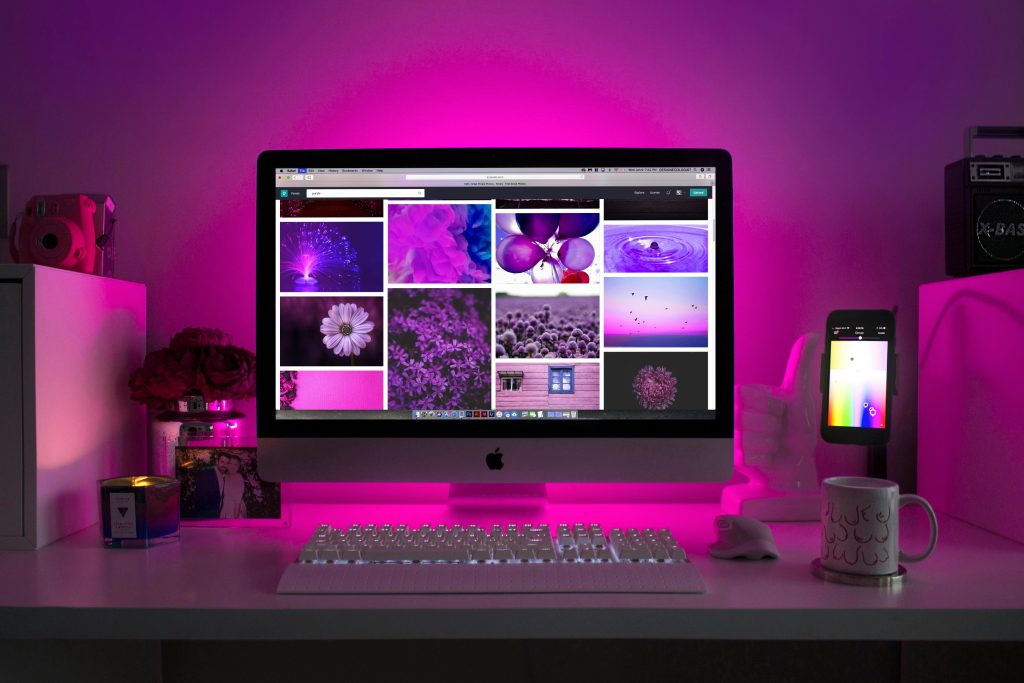Troubleshooting Bluetooth Audio Stuttering: A Comprehensive Guide for HP Pavilion 15 Gaming Laptops
Understanding Bluetooth Audio Stuttering
Bluetooth audio stuttering can be an incredibly frustrating issue, especially when you’re trying to immerse yourself in a gaming session or enjoy your favorite music. It’s a common problem for many users, including those with laptops like the HP Pavilion 15 Gaming. Bluetooth audio stuttering can manifest as intermittent audio dropouts or distortions, similar to the effect you’d encounter when your headphones are operating at the edge of their connection range. In this post, we’ll delve into the various aspects of Bluetooth audio stuttering and explore potential solutions to resolve the issue.
Common Causes of Bluetooth Audio Stuttering
Before diving into the potential fixes, it’s important to understand why Bluetooth audio might stutter on a laptop like the HP Pavilion 15 Gaming. Here are some common causes:
-
Interference from Other Devices: Bluetooth operates in the 2.4 GHz frequency band, which is also used by Wi-Fi, cordless phones, microwaves, and other household devices. These can all interfere with the Bluetooth signal.
-
Outdated Drivers: The Bluetooth driver facilitates communication between the hardware and the operating system. If the driver is outdated, it might not perform optimally, leading to stuttering.
-
Hardware Compatibility: Sometimes, certain Bluetooth headphones or devices may not be fully compatible with the built-in Bluetooth module on a particular laptop.
-
System Resource Constraints: If your laptop is running resource-intensive tasks, there might be insufficient resources left to maintain a smooth Bluetooth audio connection.
-
Operating System Bugs: Each operating system version has its quirks and bugs that might affect Bluetooth performance. Bluetooth audio issues have been reported across different versions of Windows (10 and 11) as well as Linux distributions like Fedora.
Initial Troubleshooting Steps
Before considering more technical solutions, it’s essential to try some basic troubleshooting steps that can often resolve the issue.
1. Check Bluetooth Range and Obstacles
Ensure your headphones are within the effective range of the laptop (usually around 10 meters) and that there are no physical obstructions blocking the signal. Bluetooth signals can be weakened by walls or large metal objects, so maintaining a clear line of sight can sometimes help.
2. Optimize Your Laptop’s Environment
Since common household devices can interfere with Bluetooth, try turning off or moving away from potential sources of interference, such as Wi-Fi routers, microwaves, and cordless phones.
3. Restart Your Devices
A simple restart of your laptop and headphones can sometimes reset and resolve connectivity issues.
Advanced Solutions for Bluetooth Audio Stuttering
If basic troubleshooting doesn’t resolve the issue, we can explore more advanced solutions.
1. Update or Reinstall Bluetooth Drivers
Updating or reinstalling Bluetooth drivers can resolve compatibility issues and improve performance:
– Update Drivers: Go to the Device Manager on your laptop, locate Bluetooth, right-click on your Bluetooth adapter, and click ‘Update driver’. Choose the option to search automatically for updated driver software.
– Reinstall Drivers: If updating doesn’t work, try uninstalling the driver and then restarting your laptop. Windows or your OS of choice should automatically reinstall the appropriate driver.
2. Upgrade or Replace the Wireless Card
A failing wireless card or one not fully compatible with your Bluetooth accessories can lead to performance issues. As noted in the original post, replacing the Wi-Fi card with a new one did not resolve the problem, which suggests the issue may not lie with the card itself. However, using a card known for better Bluetooth performance or compatibility can sometimes make a difference.
3. Check System Resources
Make sure your laptop isn’t overloaded with background processes. Open the Task Manager in Windows or the System Monitor in Fedora to check CPU and memory usage. Try closing unnecessary applications, particularly those that might use network or Bluetooth resources.
4. Adjust Bluetooth Settings
In some cases, tweaking specific settings can improve Bluetooth performance:
– Disable Bluetooth Power Management: On Windows, navigate to Device Manager, right-click your Bluetooth adapter, select ‘Properties’, navigate to the ‘Power Management’ tab, and uncheck the option to allow the computer to turn off this device to save power.
– Switch Bluetooth Audio Codec: Some Bluetooth headphones support advanced codecs that provide better audio quality but might lead to stuttering on certain systems. Switching to a different codec, if supported by your headphones and OS, might help. Check your OS settings or headphone companion app for options.
5. Use an External Bluetooth Adapter
If built-in laptop Bluetooth continues to stutter, considering an external Bluetooth USB dongle could provide a more stable connection. These adapters are relatively inexpensive and often support the latest Bluetooth standards, which may be more compatible with your devices.
Operating System Specific Solutions
Users have reported issues with both Windows and Linux systems. Here are some OS-specific solutions:
For Windows Users
- Run the Bluetooth Troubleshooter: Access this through Settings > Update & Security > Troubleshoot. This tool can diagnose and fix various common Bluetooth problems automatically.
- Disable Handsfree Telephony: Some Bluetooth devices have a feature called ‘Handsfree Telephony’ which might cause issues. In Bluetooth settings, find your headphones, go to properties, and disable this feature to see if it helps.
For Linux Users (Fedora)
- Use PulseAudio or PipeWire: Ensure you’re using the latest stable release of audio server software like PulseAudio or the newer PipeWire. Update and configure them properly, as audio configuration can deeply influence Bluetooth performance.
- Bluetoothctl: Use this command-line tool to manage your Bluetooth connections. Sometimes manually pairing and connecting through this utility can circumvent GUI or automatic pairing issues.
Conclusion
Bluetooth audio stuttering on an HP Pavilion 15 Gaming or any other laptop can be a complex problem due to the variety of underlying causes. By methodically addressing potential issues—from simple environmental adjustments to advanced system configurations—many users can resolve stuttering and enjoy a stable Bluetooth audio experience.
Remember, technology issues often require a bit of patience and perseverance. If after trying all these solutions the issue persists, seeking help from a professional technician or reaching out to HP customer support could provide further assistance. With the right approach and a little bit of effort, you’ll likely find a solution that allows you to enjoy your Bluetooth audio trouble-free.
Share this content:



Response to Bluetooth Audio Stuttering
Bluetooth audio stuttering can indeed be an annoying issue, but there are several effective methods to mitigate this problem, particularly for HP Pavilion 15 Gaming users. Here’s a more detailed approach based on the outlined troubleshooting steps:
Optimizing Bluetooth Performance
It’s critical to first assess the physical setup. Apart from ensuring no obstructions between the devices, consider the orientation of your laptop and headphones. Sometimes simply adjusting the angle can enhance the connection. Make sure your headphones are fully charged as low battery levels can affect performance.
Driver Updates
In addition to the provided steps for updating drivers, ensure that you check the manufacturer’s website for the latest drivers rather than relying solely on the automatic search. Manufacturers often release updates that include specific performance enhancements not always captured through the generic Windows update.
External Bluetooth Solutions
If the built-in Bluetooth on your laptop continues to falter, investing in a quality external Bluetooth adapter may not just be a fallback option but a significant upgrade. Look for one that supports Bluetooth 5.0 or later, as this version offers improved range, speed, and stability compared to older iterations.
Optimizing Audio Codec
When discussing codecs, tools like the Bluetooth Codec Changer on Android can be insightful for users looking to test
If you’re experiencing persistent Bluetooth audio stuttering on your HP Pavilion 15 Gaming laptop, there are several troubleshooting steps you can follow to improve the connection quality: